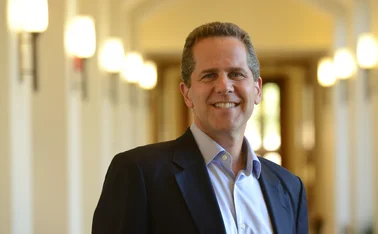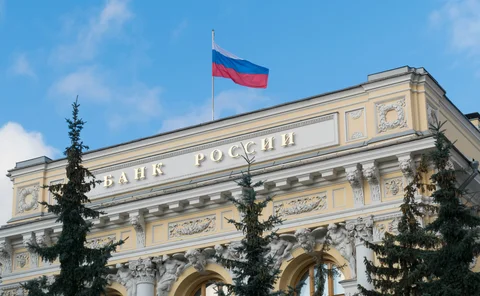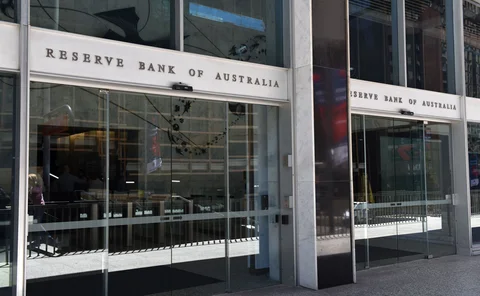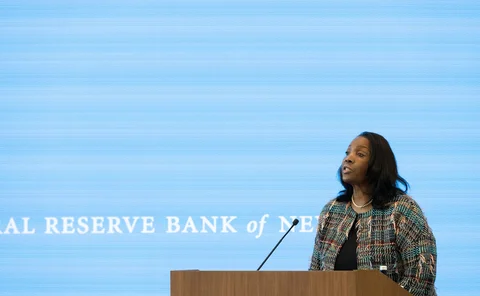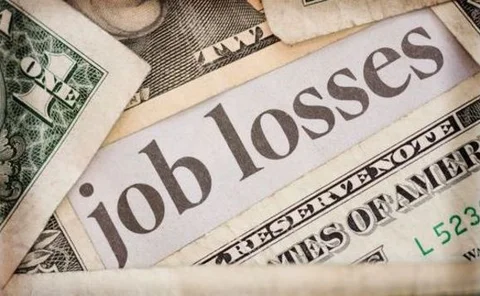Labour
Barr: US labour market ‘especially vulnerable to negative shocks’
Fed governor says FOMC likely to continue holding rates for the time being
Russia makes 50bp cut, citing falling inflation
Central bank says pro-inflationary risks are still greater than disinflationary ones
BoJ raises policy rate to 30-year high
Japan’s central bank, as expected, hikes rate to 0.75% and indicates further tightening to come
European Central Bank holds rates
Updated forecast includes higher inflation and growth figures
Australia holds, flags possible rate hikes next year
RBA keeps policy steady amid heightened inflation while governor says no cuts for foreseeable future
BoJ board member says rate hikes should continue
Noguchi calls for cautious approach to ensure inflation target is met
BoJ governor reaffirms preference for rate hikes
Ueda says policy normalisation should continue amid near-zero output gap and tight labour conditions
€25K handouts would not affect labour market – ECB paper
Stimulus packages are effective in raising consumption, researchers argue
IMF sees room for further easing in Thailand
Country’s household debt challenges compounded by other shocks, mission head says
QE will have long-term fiscal benefits, Bailey tells Treasury
BoE analysis addresses criticism that taxpayers paying for unconventional monetary policy
Czech Republic, Moldova and Norway hold rates
CNB says services inflation is still high, Moldova is recovering and Norway says it is in no hurry
Bailey switches sides as BoE holds at 4% in 5–4 decision
Members’ views, published for first time, show disagreement around staff’s central projection
Poland cuts rates, while Albania and Sweden hold
Riksbank warns of US stock market bubble
Cook: US labour market solid, inflation to remain elevated
Governor differs from fellow members of Fed board in first speech since Trump’s attempted dismissal
Rethinking policy transmission in the age of AI
Managing machine expectations related to faster, more non-linear and potentially asymmetric price dynamics will require analytical innovation and potentially new forms of oversight, argues Elisa Vilorio de Painter
Diverse opportunities lead to more resilient labour markets – study
Minneapolis Fed authors say economic concentration makes it harder for areas to recover from shocks
Iceland, Romania and Serbia hold, while Poland cuts rates
High food inflation continues to affect eastern Europe
Central Europe’s central banks hold rates
Switzerland, Czech Republic and Hungary keep policy steady
BoE holds rates and slows QT
Maturity profile shortened as Bailey aims to avoid disrupting gilt markets
US consumers’ expectations of finding work hit new low – study
Mean perceived probability of a newly unemployed person finding a job fell to 44.9%
The investors who aren’t fretting over Trump’s stat sulk
Some see dismissal of statistics agency chief as an assault on US institutional integrity; for others it offers a chance to throw off outdated methods
